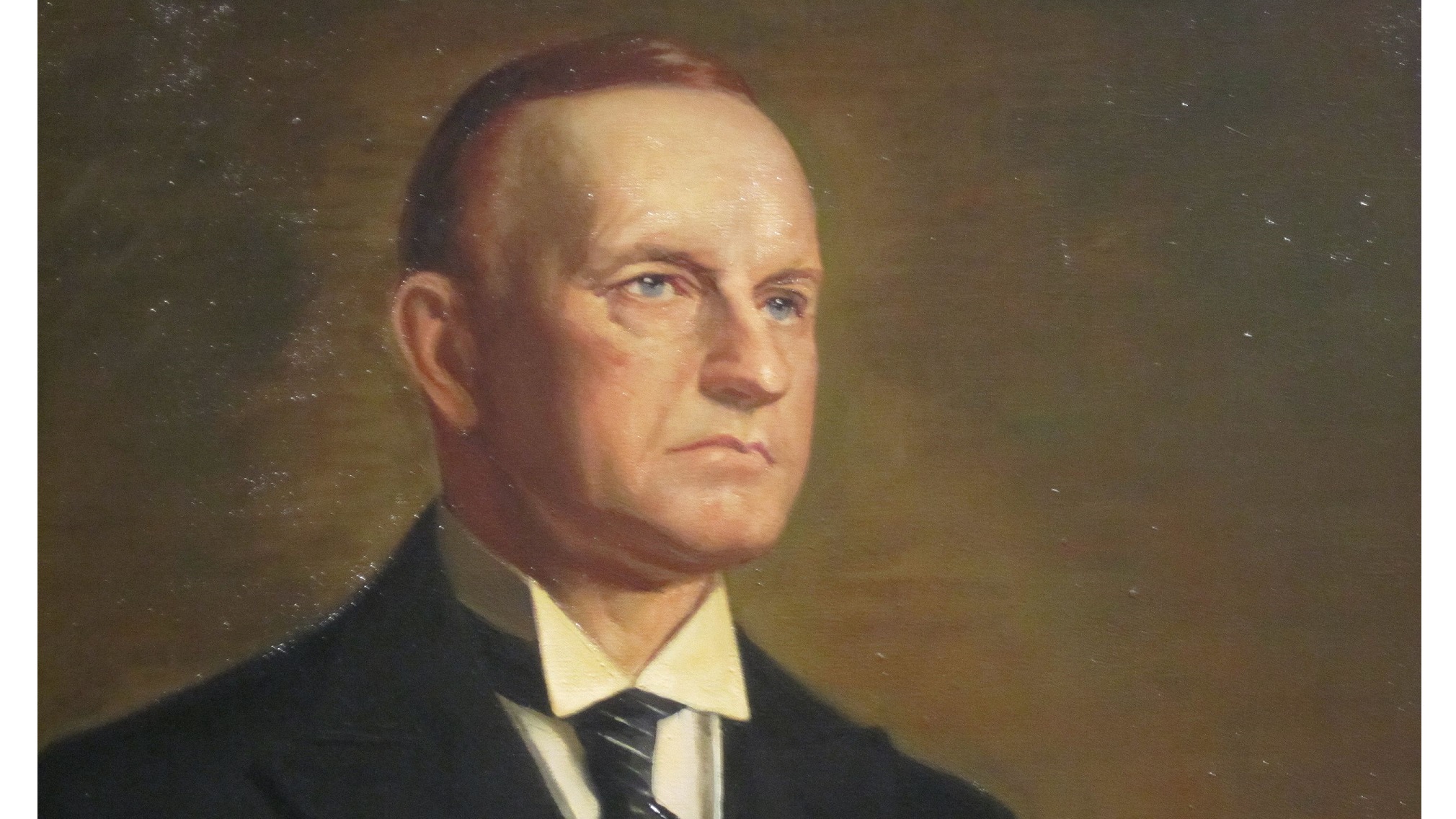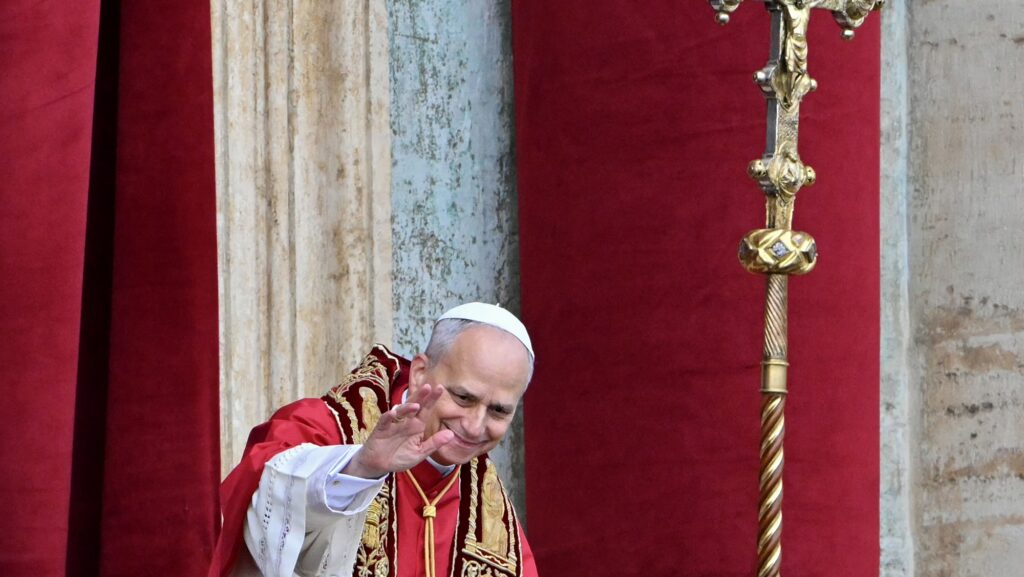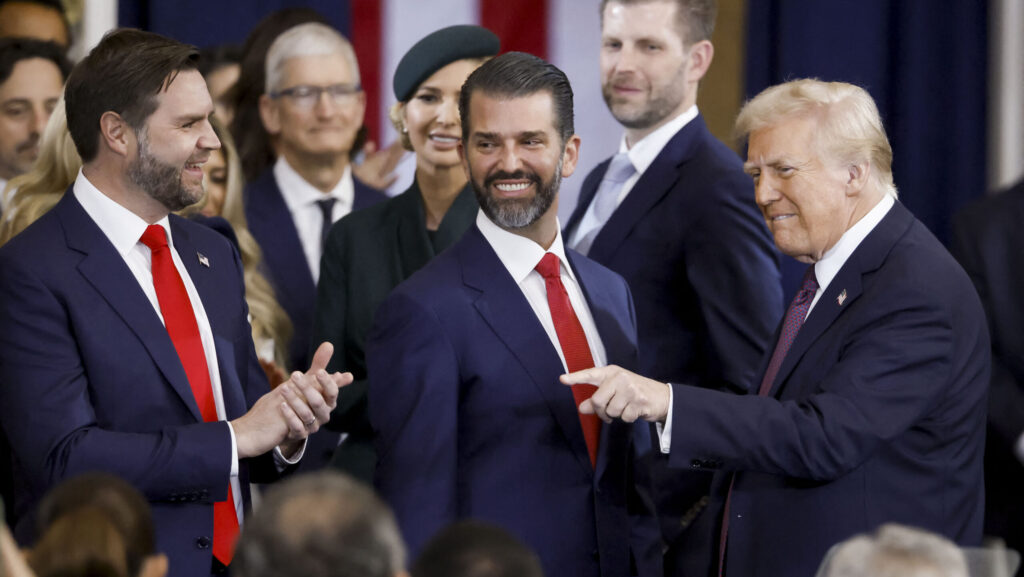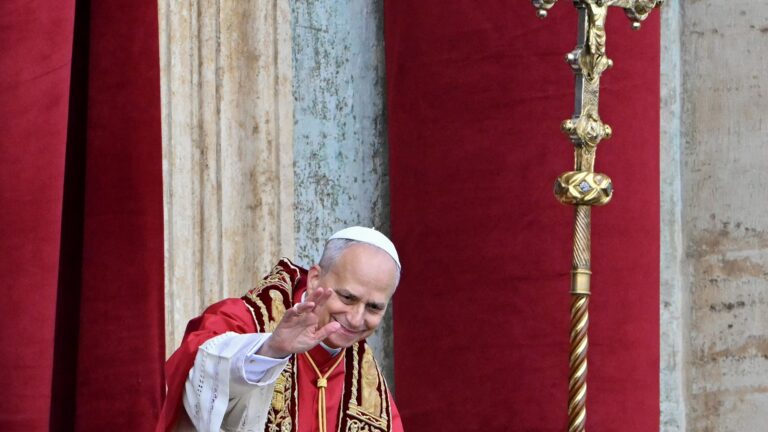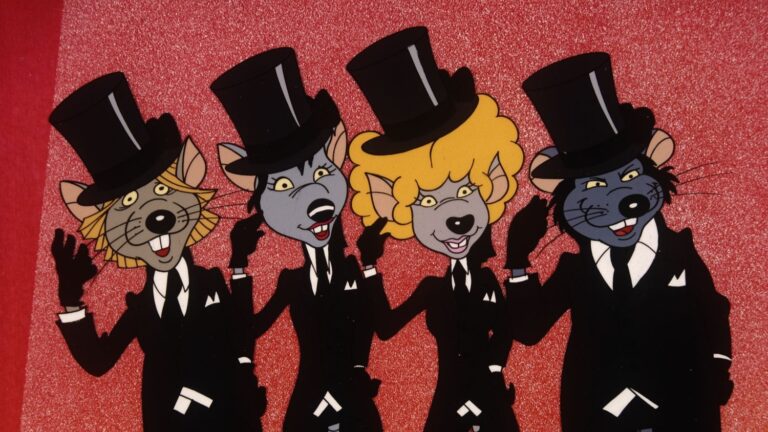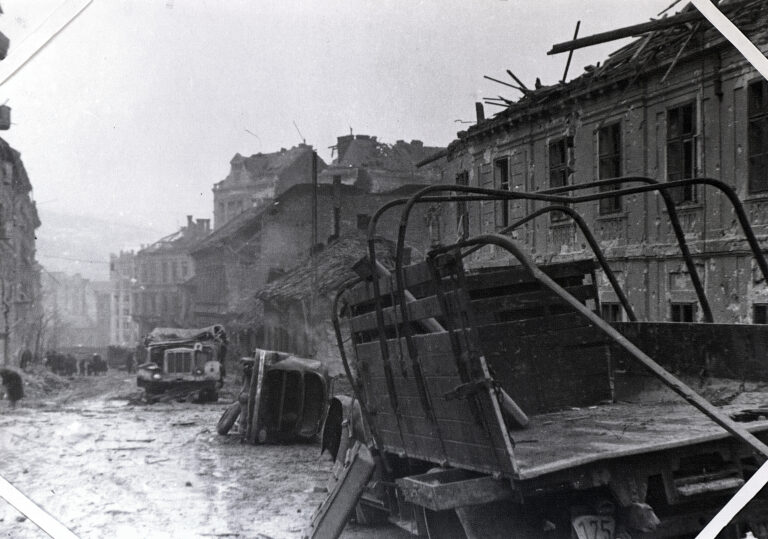The 60th quadrennial presidential election in the United States is in six weeks, less than two months away. As the campaign season is heating up, let’s take a look at the election of 1924, the election that happened exactly one century ago.
Democrat Woodrow Wilson got into office mostly due to Theodore Roosevelt’s sabotage of the Republicans, as we covered last week. And as it turned out, he thus became the leader in a very tumultuous, highly consequential time. In June 1914, the assassination of Austro-Hungarian Archduke Franz Ferdinand kicked off a domino effect in Europe that soon led to World War I, or, as it was known at the time, the Great War.
The United States initially wanted to stay out of the conflict militarily, only supplying the Entente with goods. President Wilson even campaigned for his second term under the slogan ‘He Kept Us Out of War,’ and he did so successfully. However, only a month after his second inauguration, in April 1917, he abandoned his isolationist policies and entered the war on the side of the Entente. The infamous Zimmermann telegram, in which Germany asked Mexico to invade the US to keep them occupied and thus deter them from joining in, ended up having the opposite effect. The British intelligence intercepted the message, shared it with the Americans, who were now at war with Germany, Austria-Hungary, the Ottoman Empire, and Bulgaria, on the side of France, the UK, Italy, and Japan.
The United States’ involvement tipped the scale in favour of the Entente, who came out victorious. The armistice on 11 November 1918 ended the war, and the US, thus Woodrow Wilson-led coalition was ready to negotiate peace on their terms. This ended up massively backfiring, as the harsh peace conditions forced on Germany directly led to the rise of Adolf Hitler a decade later.
And this was not the only issue where President Wilson did lasting damage.
He was the first Southerner President of the United States since Andrew Johnson, who left office in 1868. Wilson was born in Virginia and grew up in Georgia, despite later being elected as Governor of a Northern state, New Jersey. He still had deep sympathies for the Antebellum South, and thus re-segregated the federal government and let the Ku Klux Klan rise again under his watch. He even screened the infamous film The Birth of the Nation by D. W. Griffith in the White House, which depicts the Klan as the noble heroes of the story. That movie, by the way, starts with a quote from President Wilson, praising its historical accuracy…
However, it was a different issue that held back the Democrats most in the 1920 election. Republican Warren G. Harding, a Senator from Ohio, was running a campaign opposing Wilson’s proposed League of Nations, claiming that it would lead to Americans having to intervene in European wars over and over again. Thus, despite being its originator, the US never even joined the League, as President Wilson failed to ratify the treaty in Congress. It was Harding who first used one of President Trump’s favourite campaign slogans, ‘America First’ during his run for the White House.
Although there was no demographic exit poll data back then, some historians also believe that women’s suffrage, granted in the United States in 1919, also benefited Harding a lot, given that he was considered very handsome at the time.
Either way, President Harding beat Democrat James M. Cox (and VP nominee and future president Franklin D. Roosevelt) by a wide margin in 1920, both in the popular vote and in the Electoral College. Massachusetts Governor Calvin Coolidge was his running mate on the ticket—this would become very significant later.
1920 was also the year the Constitution-mandated prohibition, a ban on the commercial sale of alcoholic products, came into effect. This had been brewing—no pun intended—in American politics for many decades by the time it became a reality. Alcohol consumption was really out of control in the 19th century, which led to the anti-alcohol temperance movement in the 1870s. The single-issue Prohibition Party was founded in 1869 and had been getting 1–2 per cent of the popular vote in presidential elections from the 1880s onward. In a historic irony, the first President to come into office under the prohibition, President Harding, was a habitual drinker (and womanizer), who was holding secret parties in the White House with bootleg liquor.
And there were many, many others in the country who followed suit. The biggest effect prohibition had on American society was that it enriched and empowered organized crime.
‘These were the times F. Scott Fitzgerald wrote about in his classic 1925 novel The Great Gatsby’
This, however, did not affect public morale or the popularity of President Harding at all. The post-World War economy boomed in the US like it had never before. Luxury items, like the radio, automobiles, phonographs, and refrigerators, became everyday household items. The former, radio, also became an important campaign tool in elections. Investment poured into Wall Street and the stock market yielded returns thought unimaginable before. These were the times F. Scott Fitzgerald wrote about in his classic 1925 novel The Great Gatsby.
Therefore, when President Harding died of a heart attack in 1923, the nation mourned him as a hero. His body was carried across the country on a funeral train, and massive crowds came to pay respects in every city. The Teapot Dome corruption scandal in his administration, which was considered the biggest political scandal in American history until Watergate, only became a major topic of public discourse after his death.
President Coolidge was sworn in as the 30th President of the United States after his death.
Coolidge was the polar opposite of Harding in terms of personality. He was calm, reserved, and meek. Even his nickname was ‘Silent Cal,’ given how little he liked to speak at social events. However, despite that, he was a very skilled and effective public speaker.
President Coolidge was a major advocate for small government. He cut costs wherever he could in the public sector. He was very adamant about a balanced budget, when the government does not operate on a deficit, something he remarkably managed to achieve in all—spoiler alert—five years of his presidency.
The American Presidential Election of 1924
The Ultimate American Presidential Election Book: Every Presidential Election in American History (1788-2020) is now available! https://amzn.to/3aYiqwI Mr. Beat's band: http://electricneedleroom.net/ Mr. Beat on Twitter: https://twitter.com/beatmastermatt Help Mr. Beat spend more time making videos: https://www.patreon.com/iammrbeat The 35th episode in a very long series about the American presidential elections from 1788 to the present.
However, let’s not get ahead of ourselves. Coolidge first had to secure the nomination of the Republican Party in 1924, which he did easily. The Democrats, on the other hand, were not so united.
In fact, the 1924 Democratic National Convention was perhaps the most chaotic party convention in American history. One of the major issues was whether or not the potential nominees were willing to denounce the Ku Klux Klan. The fear was it likely would trigger a backlash from their voter base in the South. Eventually, the party did not issue a condemnation. After a record 103 ballots, and even some fistfight, former West Virginia Congressman John Davis got himself the nomination.
Interestingly, Congressman Davis was also in a lot of agreement with President Coolidge in terms of fiscal policy. He too was a small government, low spending, low taxes type of leader. This made way for a third-party candidate representing a more socialist, big-government platform, Wisconsin Senator Robert M. La Follette from the Progressive Party. La Follette, despite being a former Republican, ended up siphoning a lot more support away from the Democratic Party than the Republican Party.
This, along with the booming economy, led to a landslide Coolidge victory in the 1924 election. He won 54 per cent of the popular vote, a whopping 25.2 points ahead of the Democratic nominee Davis, who got just 28.8 per cent. The Progressives got 16.6 per cent of the popular vote. Coolidge also carried 35 out of the 48 states, netting him an impressive 382 electoral votes.
Related articles:

